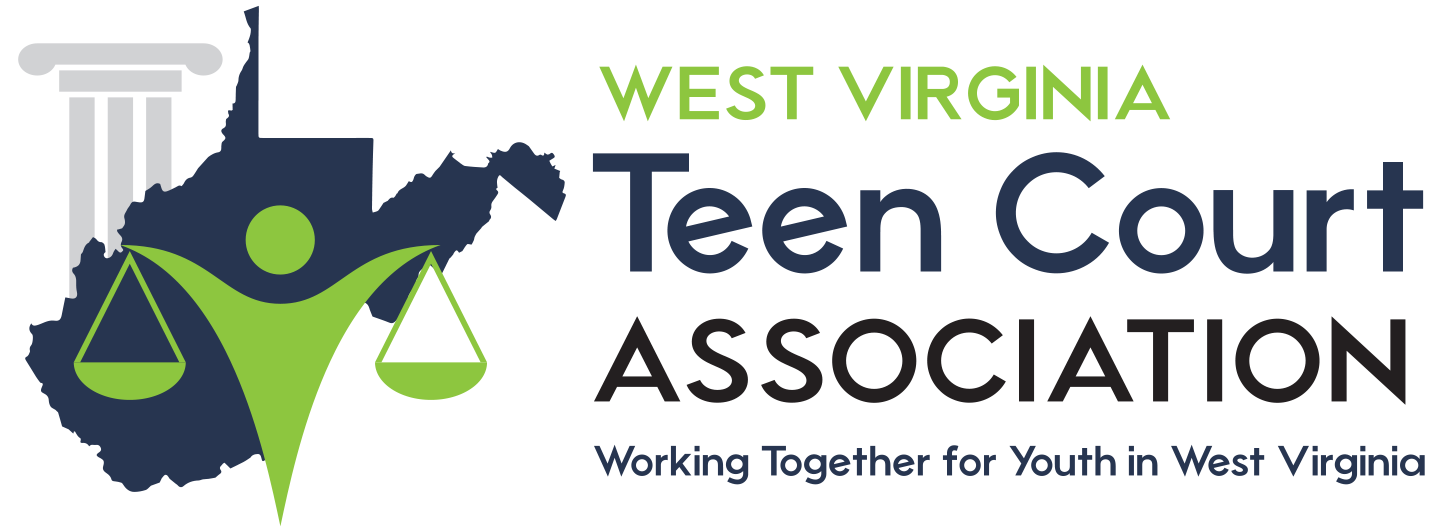How Does a Teen Court Work?
WHAT IS TEEN COURT?
Teen Court is a unique “second chance” justice program for youth between the ages of 11 and 18 who are alleged to have committed a status offense or an act of delinquency which would be a misdemeanor if committed by an adult. Upon successful completion of the program charges against the defendant are dismissed.
In addition to the obvious benefit of interrupting a developing pattern of inappropriate behavior, the Teen Court program helps to reinforce self-esteem, provide motivation for self-improvement and promote a healthy attitude toward authority.
Teen Court is also designed to educate youth about the judicial process. Through direct participation, Teen Court addresses responsibility for one's behavior and accountability to one's community and peers, and enhances respect for the judicial process. Each participant in Teen Court, whether a defendant, juror, bailiff, teen attorney, or adult volunteer; is involved in a positive and meaningful way.
HOW DOES TEEN COURT WORK?
Cases are referred, for offenses that occur primarily within the school and local community, by the circuit court if the court finds the youth a suitable candidate for the program.
Youth who are accepted into the program and appear before a teen jury. They are represented by a teen "defense attorney." The prosecutor is also a teen "attorney" and both attorneys are assisted by adult attorney mentors. Each teen attorney makes an opening statement, the defendant testifies and is cross-examined. Evidence is considered. An adult judge presides and the teen jury deliberates and reaches a verdict and determines the sentence which includes mandatory community service and jury duty in future Teen Courts. Upon completion of the Teen Court sentence the Municipal Court charges against the juvenile are dismissed.
HOW ARE THE TEEN JUROR, BAILIFFS, AND ATTORNEYS SELECTED?
Volunteer students from grades seven through twelve from local county schools are selected to serve on Teen Courts. School administrators and teachers may also nominate teens for participation in Teen Court. Teens may also nominate themselves. Parents/guardians must consent to the teens' participation. Mandatory training sessions are held each semester for all interested teens. Teens appointed as attorneys are assigned an adult attorney mentor to assist them in trial preparation. Previously sentenced teens are added to the peer jury pool.
WHAT TYPES OF SENTENCES ARE IMPOSED BY TEEN COURT?
Sentences imposed by teen juries must include community service and participation in future Teen Court sessions as jurors. Sentences may also include restitution to the victim, letters of apology, remedial classes (theft, alcohol education, etc.) and essays. Sentencing is intended to be constructive, and to involve the defendant actively in the community as well as in future Teen Court sessions.
WHAT ARE THE BENEFITS OF TEEN COURT?
To the defendant:
- Interruption of a potential pattern of inappropriate behavior.
- Improvement of self-esteem resulting from successful completion
of the program.
- Reinforcement of positive behavior.
- Accountability. An opportunity for a young person to avoid a
criminal record.
To the community:
- Service to the community benefiting the entire community.
- Parent-guardian involvement.
- Reduction of the case load in the juvenile justice system.
- Dramatic reduction in the number of repeat offenders.
To the schools:
- A positive alternative for students who have stepped "off track" for
the first time.
- Judgment of a teen by their "peers" which in many cases has a
more powerful impact than adult discipline.
- Real consequences for delinquent behavior in the school
environment.
To the student volunteers:
- Involvement in redirecting peers.
- A better understanding of the judicial system by teens through
hands-on participation.
- Reinforcement of good citizenship.
- Improvement of public speaking and advocacy skills.
The West Virginia Teen Court Association is operated as a non-profit organization housed with Community Connections, Inc. Information on the Association can be obtained by contacting us at drugfree@strongcommunities.org.
